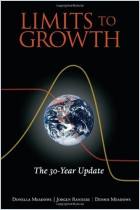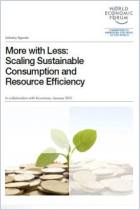
Limits to Growth
The 30-Year Update
Read offline
Recommendation
This book is neither easy nor pleasant reading. However, it is not the purely pessimistic voice of doom or the rabid environmentalist tract that many reviews described when the first edition came out 30 years ago. Rather, it is a sort of cross between a primer on budgeting and the warning a doctor might give to an overweight smoker. A good budget rests on a few simple assumptions: Resources are limited; you must plan for the future; and if you overspend now, you’ll run short later. A doctor’s report would say, “You may not have symptoms now, but your habits will eventually cause your body to break down.” Donella Meadows, Jorgen Randers and Dennis Meadows present such a warning to all of human civilization. They analyze resource consumption, economic distribution, population growth and pollution. Their sobering conclusions amount to an attempt to start humanity on the road to a more equitable, sustainable society. The effort required to read this book comes in part from the writing, which varies drastically in style, tone and organizational choices, and in part from the innate challenges of the material. That said, getAbstract recommends it to anyone who wishes to plan realistically for the future, whether you’re a CEO who wants to do sustainable business, a national leader who wants to create thriving human institutions, a community member concerned about local pollution, or a parent who does not want his or her children to grow up in a wasteland.
Summary
About the Authors
Donella Meadows founded the Sustainability Institute. Jorgen Randers is president emeritus of the Norwegian School of Management. Dennis Meadows is director of the Institute for Policy and Social Science Research at the University of New Hampshire.




















Comment on this summary or Начать обсуждение